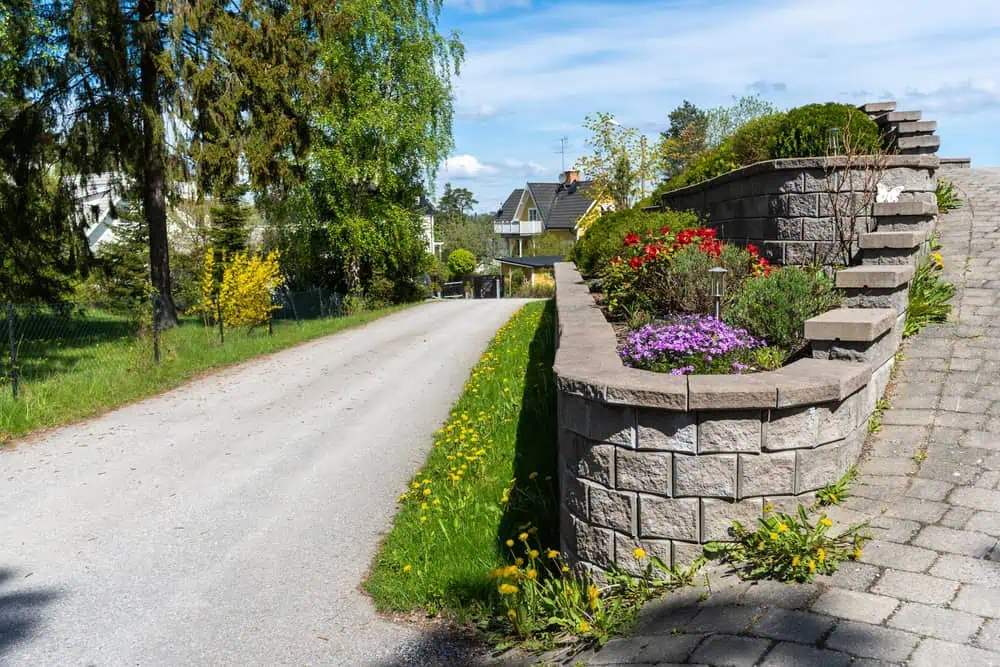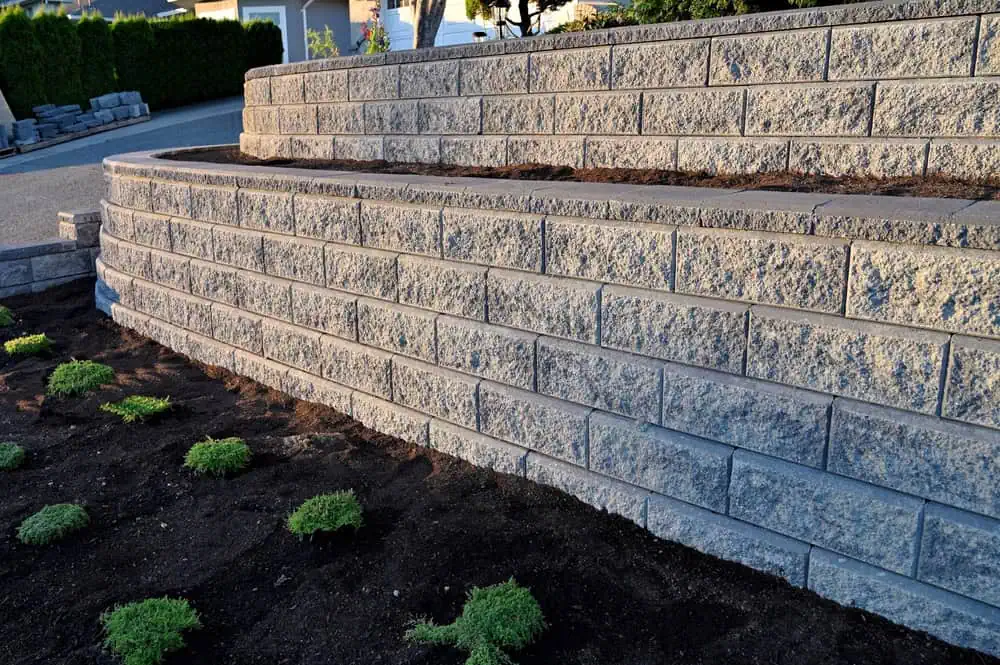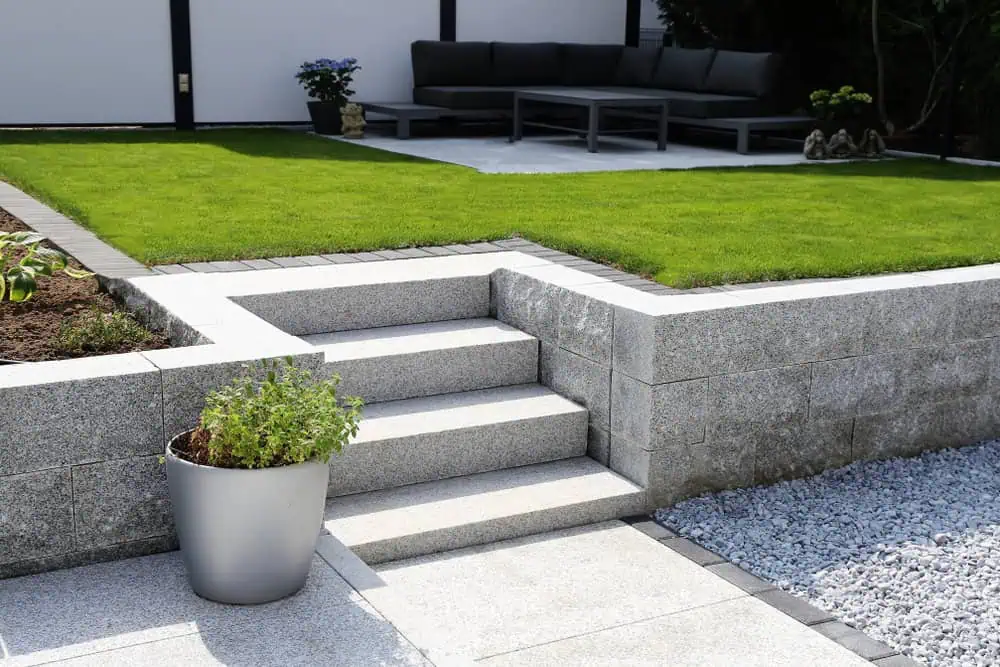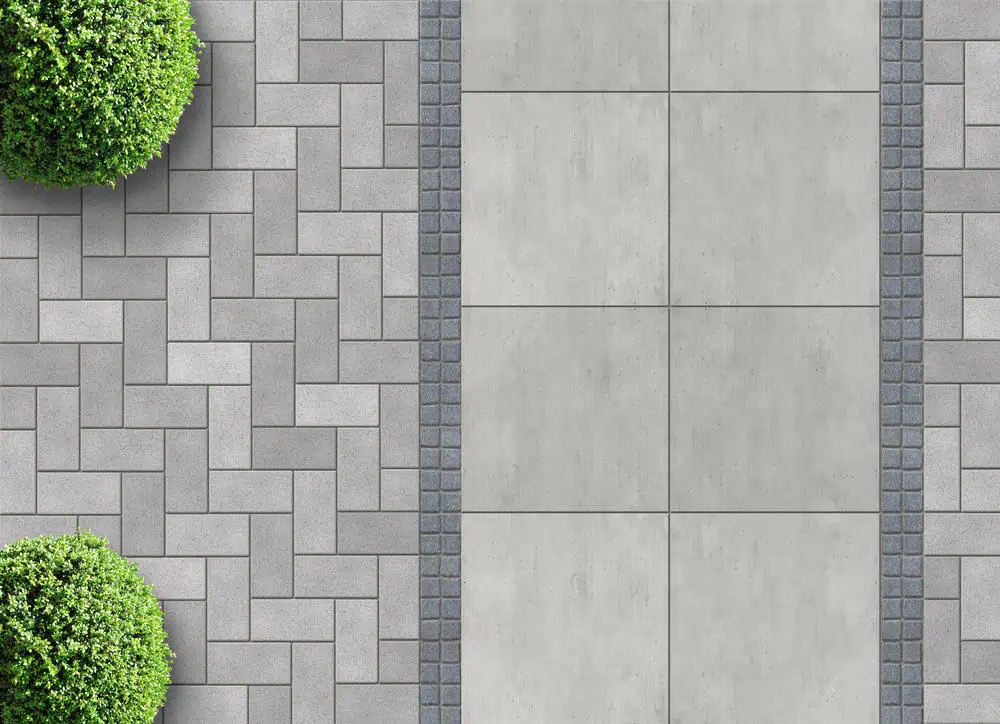Professional stonework and brick services built to handle whatever New England weather throws at it.


Your property gets the structural integrity it needs to handle Massachusetts winters without cracking, shifting, or failing in a few years. You’re not dealing with water seepage through poorly pointed mortar joints or watching your investment crumble because someone cut corners on materials.
When masonry work is done right the first time, you stop worrying about whether that retaining wall will hold or if your chimney is going to need repairs again next season. The work holds up, the materials last, and you can focus on everything else that needs your attention.
You get masonry services that make sense for this area – not some generic approach that ignores how freeze-thaw cycles affect stonework or what building codes actually require in Massachusetts.
We’ve been handling masonry projects throughout the Fort Devens area, working with both residential and commercial properties that need reliable stonework and brick services. We understand what works in this climate and what doesn’t.
Our team knows local building requirements, proper material selection for New England weather, and how to handle the unique construction challenges that come with this area’s mix of historic and modern buildings. We’re not learning on your project – we’re applying experience that comes from years of masonry work in Massachusetts.

First, we assess what you’re dealing with – whether it’s structural issues, weather damage, or installation needs. You get a clear explanation of what needs to happen and why, along with transparent pricing that covers the actual scope of work.
Once we start, you’ll see proper preparation and material selection that’s designed for long-term performance. We handle permits when needed, coordinate timing that works with your schedule, and keep you informed about progress without constant check-ins.
The work gets completed according to Massachusetts building standards, using techniques and materials that account for local weather conditions. You’re not left guessing whether it was done right – the results speak for themselves, and the work is built to last through multiple seasons without issues.

Ready to get started?
We provide comprehensive masonry services that cover everything from small repairs to complete installations. This includes brick and stone work, foundation repairs, chimney services, retaining walls, and restoration projects that require specialized knowledge of older construction methods.
Our services include proper material sourcing, structural assessment when needed, and coordination with other trades if your project requires it. We handle both emergency repairs that can’t wait and planned projects that need to be scheduled around your timeline.
Each project gets the attention it requires – whether that’s matching existing stonework on a historic property or ensuring new construction meets current building codes while fitting the aesthetic you want.
